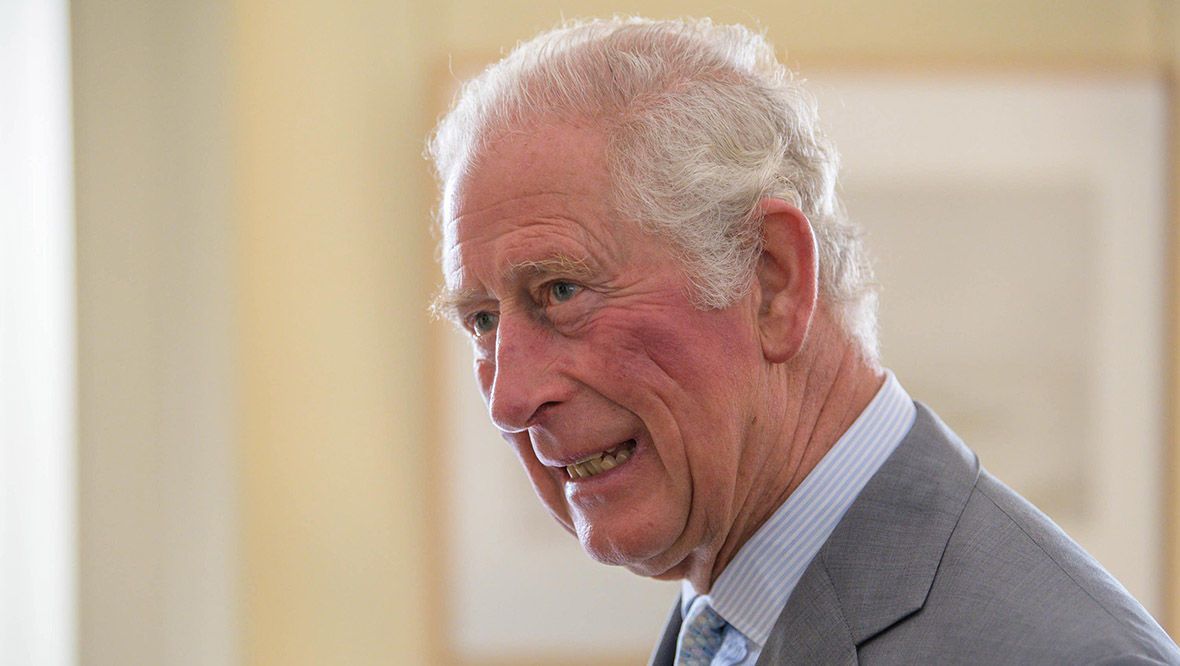Following the death of his mother, Charles is the new monarch – the first step forward in the line of succession for seven decades.
Born in 1948, the longest-serving heir apparent will make his first speech as King on Friday, honouring Queen Elizabeth II and pledging a life of service to the British public.
With Charles now taking the role of monarch, several facets in daily life are likely to see changes.
Here’s what happens as Charles accedes to the throne.
Changing titles
Prince Charles will now be known as King Charles III after choosing between his four names: Charles Philip Arthur George.
Prince William will not automatically gain the title of Prince of Wales as this must be granted to him by his father. He will now be known as the Duke of Cornwall, with he and Kate now titled Duke and Duchess of Cornwall and Cambridge.
Charles’ wife Camilla will now be the Queen Consort, which is the term used for the spouse of the monarch.
The ceremonies
Charles is expected be officially proclaimed King on Saturday at St James’s Palace in London, in the presence of a ceremonial body known as the Accession Council.
The ceremony usually takes place within 24 hours of the death of a monarch, but Queen Elizabeth’s death was not announced until Thursday evening, leaving little time to plan.

The Accession Council is made of members of the Privy Council; this includes senior MPs, past and present, and peers as well as some senior civil servants, Commonwealth high commissioners, and the Lord Mayor of London.
Traditionally, the entire council would attend, but with it now standing at more than 700, the number in attendance will be curbed.
The death of Queen Elizabeth II will be announced by the Lord President of the Privy Council at the meeting followed by a proclamation, which is then signed by senior figures such as the Prime Minister and the Archbishop of Canterbury.
There is no set script, though historically it has been a range of prayers and pledges in tribute to the previous monarch and support for the new one.
The King’s first proclamation
A second meeting will be hosted with the King, the Accession Council and the Privy Council. There, he makes a declaration and – in line with a tradition dating from the early 18th century – will swear to preserve the Church of Scotland.
A public proclamation will be made, declaring Charles as the new King from a balcony above Friary Court in St James’s Palace, by an official known as the Garter King of Arms.
For the first time since 1952, the national anthem will be played with the words “God Save the King” followeed by a series of gun salutes from Hyde Park, the Tower of London and from naval ships.
The proclamation announcing Charles as the King will be read in Edinburgh, Cardiff and Belfast.
The coronation
Charles is formally crowned at the coronation, though this is likely to take longer to prepare. Queen Elizabeth succeeded to the throne in February 1952, but was not crowned until June 1953.
Historically this has been held at Westminster Abbey and will be conducted by the Archbishop of Canterbury. It is a state occasion paid for by the government.
The British royal family website describes the coronation ceremony is “an occasion for pageantry and celebration” but also a “solemn religious” ceremony, which has remained essentially the same over a thousand years.
The solid gold St Edward’s Crown will be placed on Charles head, dating from 1661. This precious centrepiece of the Crown Jewels is only ever worn by the monarch during coronation. He will also be anointed with oils as part of a traditional ritual.
King Charles will then take the coronation oath, where he receives the orb and sceptre and the crown is placed on his head.
Charles is now Britain’s head of state and the head of state for other countries in the Commonwealth Realm, including Australia, Canada and the Bahamas.
Camilla will also be crowned at the ceremony.

What can we expect from Charles’ reign?
The King remains less popular with the public than the Queen, polls suggest. Nearly half of Britons said they think he should let his son Prince William be the next King, according to an Ipsos poll in April 2022.
Chief among the new monarch’s controversies include infidelity in his marriage to Diana, which saw Charles and Camilla fall out of public favour.
As heir apparent, he has championed issues such as the environment, healthcare and education over the years, though he has also faced criticism for supporting causes such as scrapping the fox hunting ban and promoting alternative medicine.
Charles begins his reign at a time of uncertainty, with climate change, a cost-of-living crisis and war with Ukraine dominating headlines and a post-Brexit Britain reviving the Scottish independence movement. Whether he breaks with tradition to become a politically outspoken monarch remains to be seen.
Follow STV News on WhatsApp
Scan the QR code on your mobile device for all the latest news from around the country


 PA Media
PA Media
























